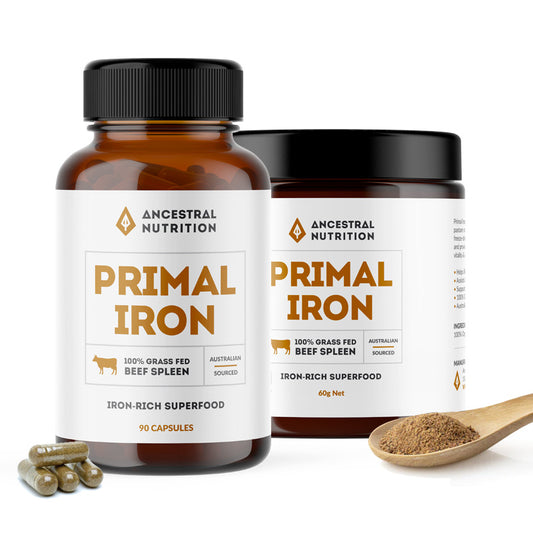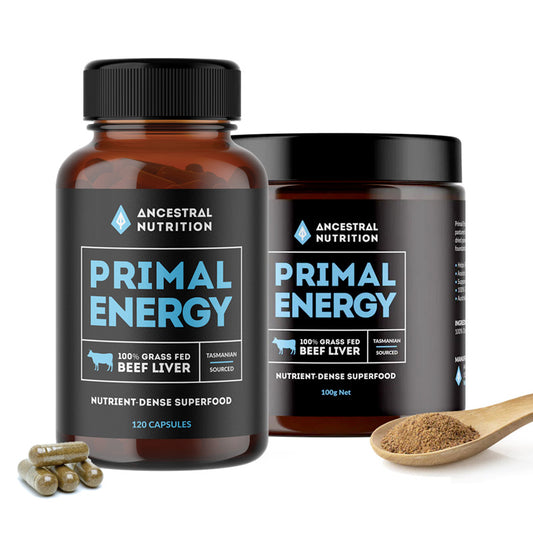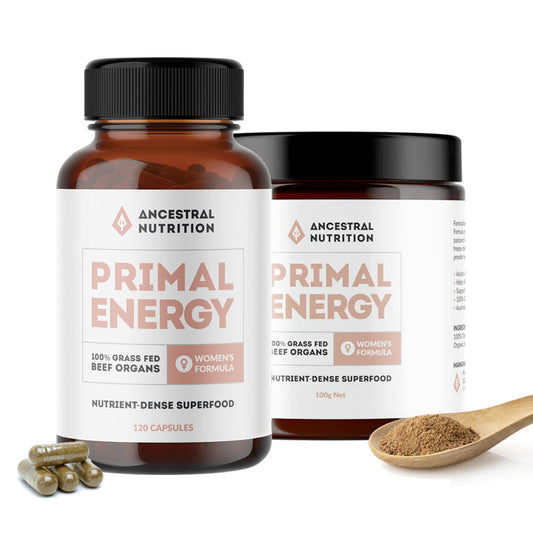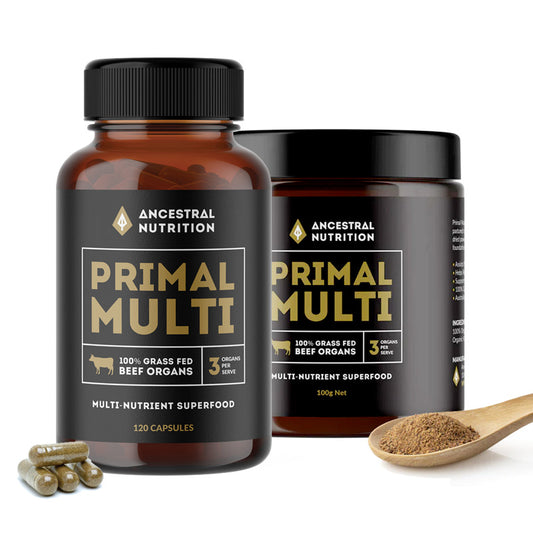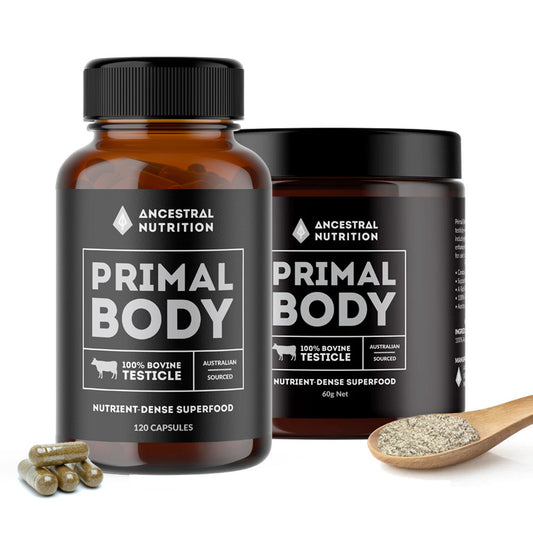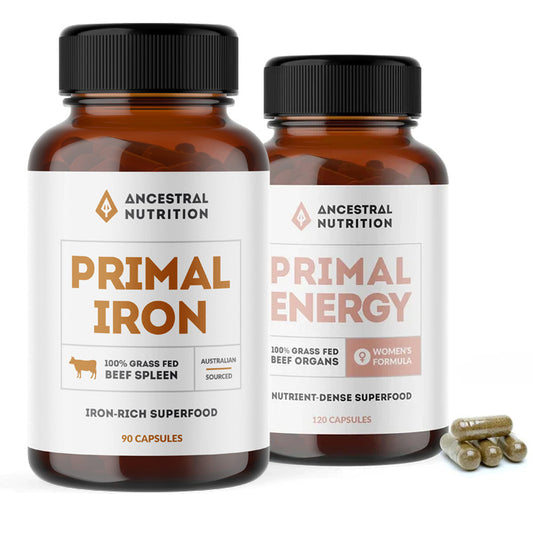
Breaking Down the Seed Oil Debate
Seed oils are one of the most polarising topics in nutrition. Depending on who you ask, they’re either the hidden driver of inflammation and chronic disease, or just another misunderstood ingredient unfairly vilified by health professionals and “wellness experts.”
And if you’re feeling confused, you’re not alone. The research is honestly mixed - from animal studies to epidemiology to clinical trials, their arguments point in different directions.
I recently came across an article and took a close look at the evidence, which I'd like to share with you. I'm presenting the arguments, giving you the chance to consider where you stand - ask yourself: how can it be applied to you.
Why the Seed Oil Debate Exists
I like to think of us sometimes as sheep - we follow each other and rarely navigate the path ourselves. One strong opinion or popular trend can steer the whole herd, and too often our decisions end up being guided by belief or politics rather than actual data. That's why it's so important to pause, question what you're being told, and consider whether the evidence aligns with your body's data and the larger health goal in mind.
Seed oils (canola, sunflower, safflower, soybean, and corn) only became a staple in the human diet in the last century. Before industrialisation, fats primarily came from whole foods: animal fats, nuts, seeds, and dairy. Today, highly processed seed oils are everywhere — in packaged snacks, baked goods, dressings, and restaurant meals. Their rapid rise, combined with conflicting research and fear-driven messaging, has made them a lightning rod in nutrition debates as the root driver of inflammation and chronic disease.
So What Are the Main Arguments Against Seed Oils?
1. “We eat way more omega-6 fatty acids than our ancestors.”
There's no denying that the ancestral and primal health movement is on the rise, with many experts using comparisons between modern diets and those of our ancestors to illustrate their case. It’s true - modern Western diets provide ~10% of calories from omega-6 fats (mostly linoleic acid) compared to ~2% in ancestral diets. Some argue this shift drives obesity, inflammation, and chronic disease.
However, much of this evidence is still correlational. High omega-6 intake might reflect overall poor diet quality rather than being the root cause of disease. Interestingly, several large population studies show that people with higher tissue levels of omega-6 actually have lower risk of cardiovascular disease and mortality.
Evolutionary comparisons are thought-provoking, but they don’t prove seed oils are inherently harmful.
2. “A high omega-6 to omega-3 ratio is inflammatory.”
Yes, it seems balance matters. Omega-3s (from fatty fish, flax, chia etc.) are reported as being anti-inflammatory and heart-protective. In most studies (unfortunately most performed on animals), diets with very high omega-6 to omega-3 ratios correlate with inflammation.
Human data is more complex. In fact, higher levels of both omega-3 and omega-6 are often linked with lower mortality. This suggests boosting omega-3 intake may be more important than cutting omega-6.
Context matters: Alongside adequate omega-3 intake, omega-6 doesn’t appear to be the villain.
3. “Linoleic acid is unstable and prone to oxidation.”
Linoleic acid (an essential omega-6 polyunsaturated fatty acid) can oxidise during storage, cooking, or metabolism, forming compounds like 4-HNE that may promote inflammation and oxidative stress. The risk is higher in those with obesity or metabolic dysfunction. For healthy individuals eating moderate amounts, the risk may be minimal.
Do you pose metabolic health risks? If so, be mindful of overconsumption.
4. “Seed oils are the problem"
Seed oils often get singled out as the culprit behind poor health, but it's worth zooming out. Where do they usually appear? Packaged snacks, fried foods, margarines, salad dressing- products that also contain refined flours, sugars, emulsifiers and preservatives. These ultra-processed foods as a whole are strongly linked to obesity, inflammation and chronic disease.
Is it really the oil, or is it the entire food matrix it comes packaged in?
An open minded perspective
May this be your reminder to keep questioning and approach new information with curiosity and care. Consider your own health - How might your diet and lifestyle influence the risk or benefits being discussed.
Here's what I'de say if someone asked me my opinion on seed oils
- If you're healthy, don't stress about minimal exposure. For most of us, it is not our nutrition privilege to stay entirely clear of these ingredients. Incidental intake is unlikely to have a dramatic effect.
-
Find out whether you pose any metabolic health risks and if so, be mindful of overconsumption.
-
They are highly processed and not essential when healthier alternatives exist. When possible, choose unrefined oils like extra virgin olive oil.
- Ratio matters. Prioritise omega 3 sources like fish, avocado, nuts and seeds (for health reasons beyond this article)
If you're contemplating areas of your diet, prioritising nutrient-dense foods and key micronutrients is a great place to start. Discover practical ways to boost your diet
here
References
Dalleau, S., Baradat, M., Guéraud, F., & Huc, L. (2013). Cell death and diseases related to oxidative stress:4-hydroxynonenal (HNE) in the balance. Cell Death & Differentiation, 20(12), 1615–1630. https://doi.org/10.1038/cdd.2013.138
Kaliannan, K., Li, X.-Y., Wang, B., Pan, Q., Chen, C.-Y., Hao, L., Xie, S., & Kang, J. X. (2019). Multi-omic analysis in transgenic mice implicates omega-6/omega-3 fatty acid imbalance as a risk factor for chronic disease. Communications Biology, 2(1). https://doi.org/10.1038/s42003-019-0521-4
Norwitz, N. (2025, June 24). Untangling the Seed Oil Debate - WARNING: Don’t Read if You Like Your Echo-Chamber. Substack.
Sadeghi, R., Mostafa Norouzzadeh, Minoo HasanRashedi, Jamshidi, S., Hamid Ahmadirad, Mahdi Alemrajabi, Mohammadreza Vafa, & Farshad Teymoori. (2025). Dietary and circulating omega-6 fatty acids and their impact on cardiovascular disease, cancer risk, and mortality: a global meta-analysis of 150 cohorts and meta-regression. Journal of Translational Medicine, 23(1). https://doi.org/10.1186/s12967-025-06336-2
Simopoulos, A. P. (2006). Evolutionary aspects of diet, the omega-6/omega-3 ratio and genetic variation: nutritional implications for chronic diseases. Biomedicine & Pharmacotherapy, 60(9), 502–507. https://doi.org/10.1016/j.biopha.2006.07.080
Zhang, Y., Sun, Y., Yu, Q., Song, S., J. Thomas Brenna, Shen, Y., & Ye, K. (2024). Higher ratio of plasma omega-6/omega-3 fatty acids is associated with greater risk of all-cause, cancer, and cardiovascular mortality: a population-based cohort study in UK Biobank. PubMed, 5(12). https://doi.org/10.7554/elife.90132

About the Author
Emily is a Clinical Nutritionist (BHSc) passionate about metabolic health—how your body creates and uses energy...
Read full bio »



